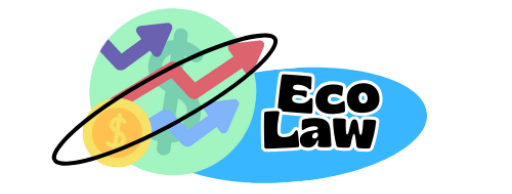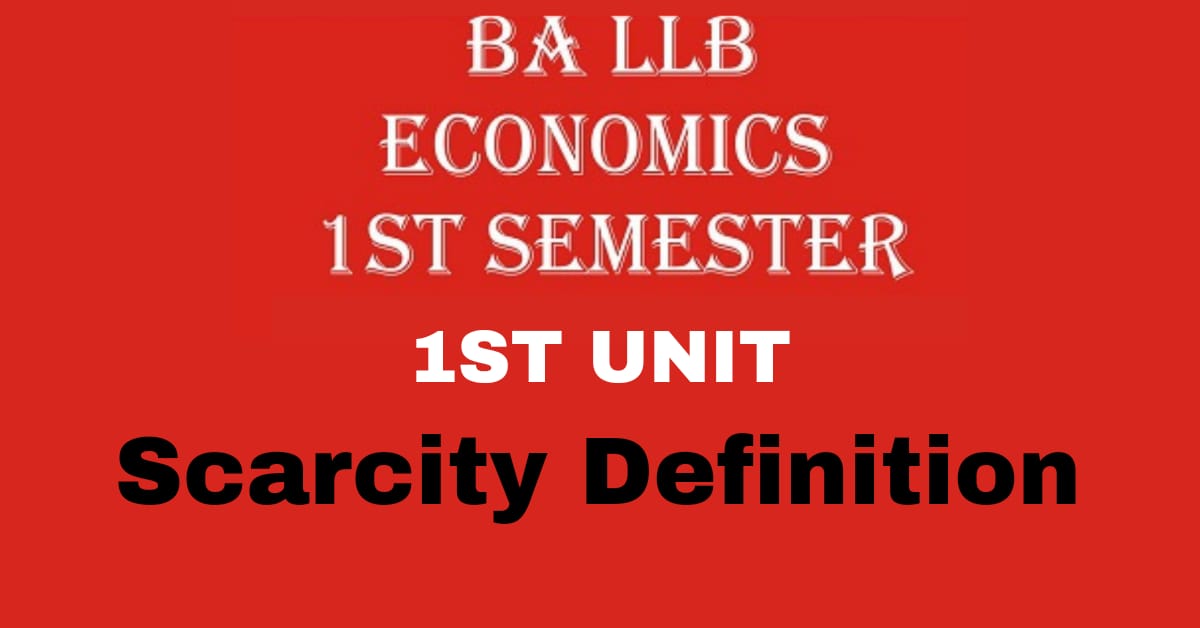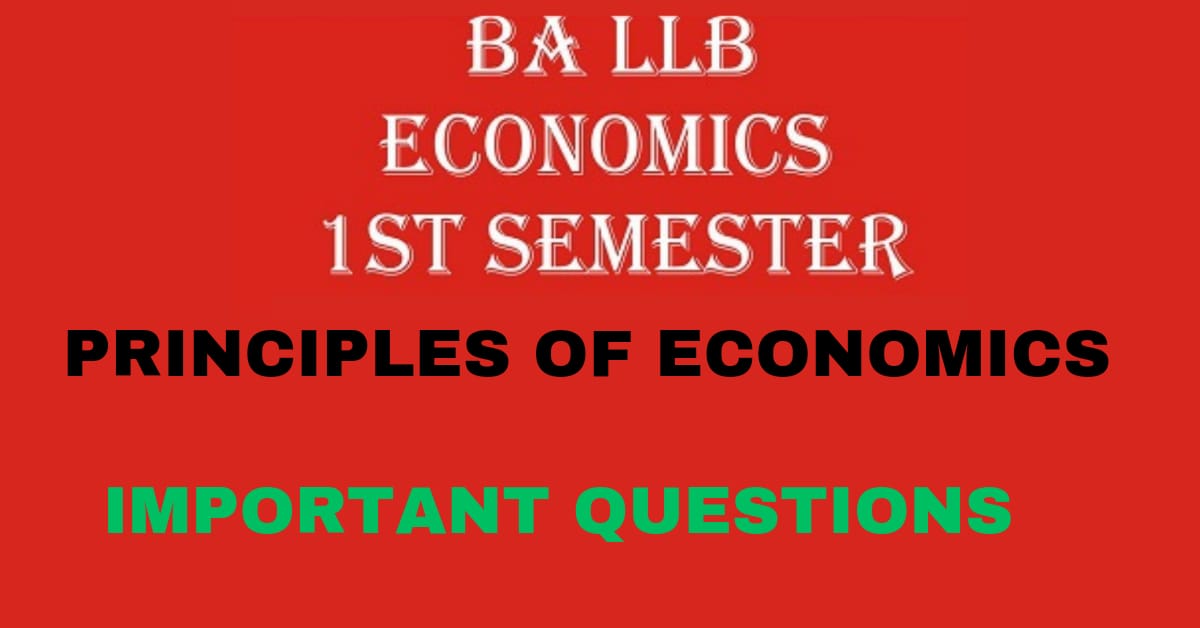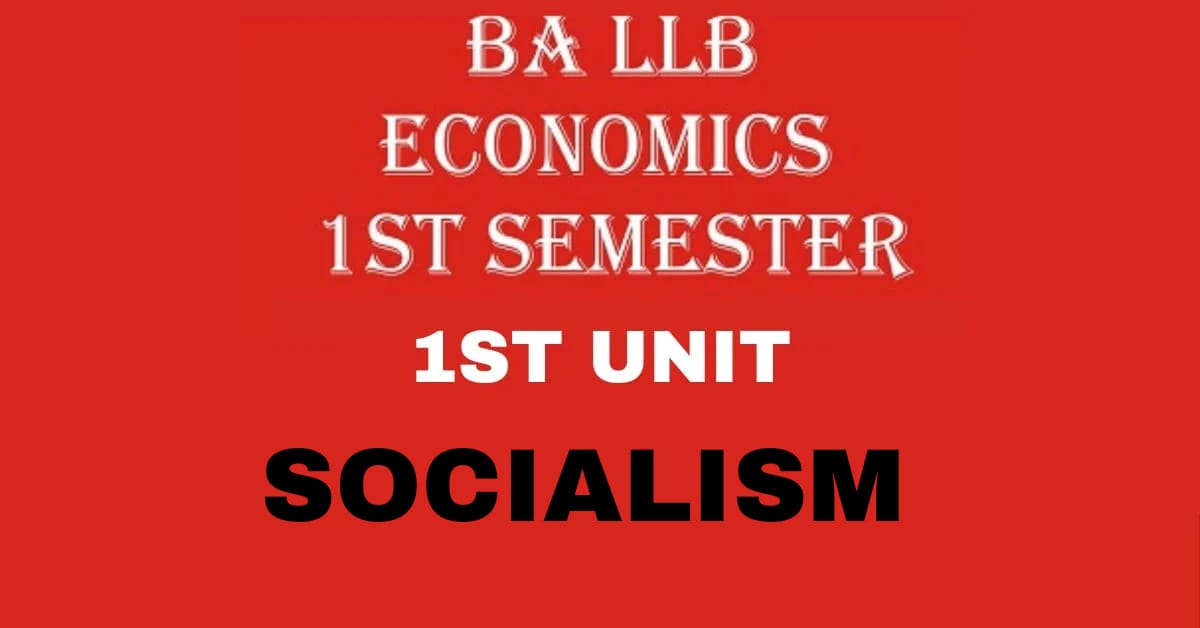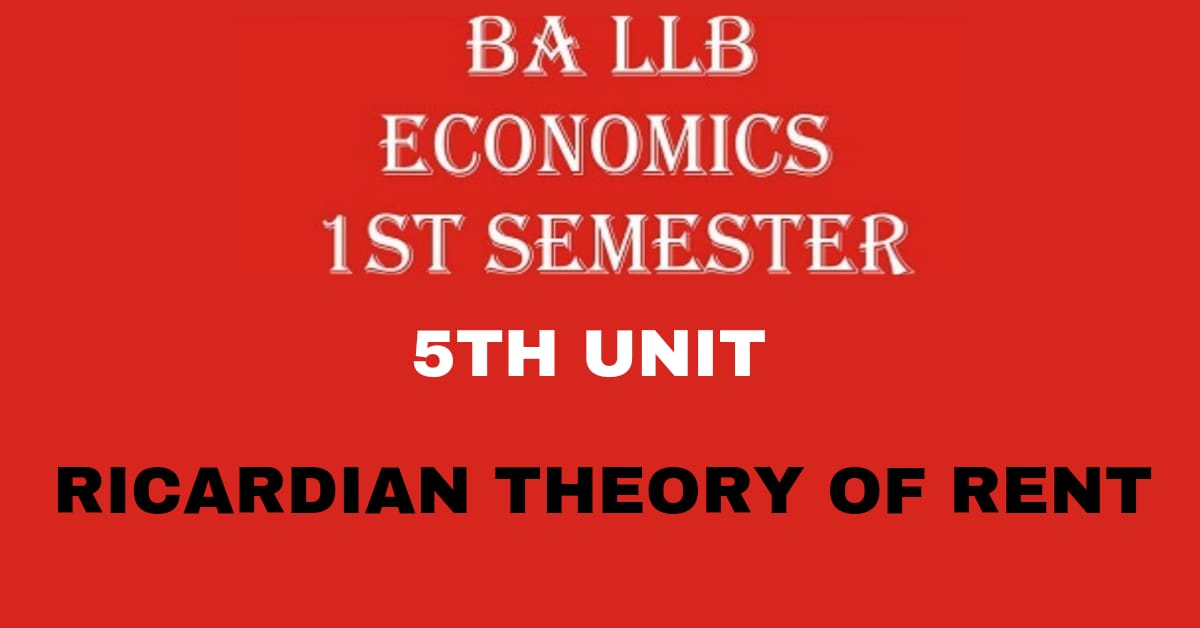The scarcity definition of economics was given by Prof. Lionel Robbins, a English economist from the London school of economics. He defined Economics as a science which studies human behavior as a relationship ends and scarce means which have alternative uses.
According to Scarcity definition, the ends are unlimited but the means to satisfy the ends are not only limited but also can be used for different purpose. So there economic problems arises. People solve these economic problems by adjusting their limited resources with alternate uses. The scarcity definition was supported by George Stigner, Cassel, J. R Hicks, Eric Roll, A.P Lerner etc.
Characteristics of Scarcity definition.
- Limited Resources: Scarcity arises from the fundamental reality that resources such as time, money, labor, raw materials, and energy are limited or finite. These resources are insufficient to satisfy all human wants and needs. Therefore we cannot satisfy our wants fully.
- Unlimited Wants: Robbins calls wants as the ends. Those concerned with the consumption of goods and services may called economic wants, which are unlimited. Human desires and wants are essentially limitless. It is not possible to satisfy all the wants. There are always more things that people would like to have or experience than the available resources can fulfill.
- Opportunity Cost: The concept of opportunity cost is closely tied to scarcity. When resources are allocated to one use, it implies that they cannot be used elsewhere. Therefore, individuals and societies must make choices, and the opportunity cost represents the value of the next best alternative foregone.
- Competition: Scarcity leads to competition for resources. Individuals, businesses, and governments must compete for access to scarce resources. This competition can manifest in various forms, such as market competition, competition for jobs, or competition for natural resources.
- Price Mechanism: In market economies, prices play a crucial role in allocating scarce resources. Prices serve as signals that convey information about the relative scarcity of goods and services. When a resource becomes scarcer, its price tends to rise, influencing individuals and businesses to use it more efficiently.
Criticism of scarcity definition.
- Neglect of Abundance: Critics argue that the scarcity definition places too much emphasis on scarcity and overlooks situations of abundance. In reality, some resources are abundant and not subject to scarcity. For example, air is abundant, but it is still an essential resource. Critics argue that the focus on scarcity may lead to a limited understanding of economic phenomena in situations where scarcity is not the primary concern.
- Exclusion of Non-Material Goods: The scarcity definition tends to focus on tangible, material resources. Critics argue that this definition excludes non-material goods, such as intellectual property, services, and knowledge, which are important components of modern economies. These goods may not be subject to the same constraints as tangible resources, and therefore, the definition may not fully capture the economic dynamics involving these types of goods.
- Cultural and Social Factors: Critics argue that the scarcity definition is overly materialistic and neglects the role of cultural and social factors in economic decision-making. Economic choices are not solely driven by the scarcity of resources; they are also influenced by cultural values, social norms, and institutional arrangements. Ignoring these factors may lead to an oversimplified view of economic behavior.
- Dynamic Nature of Resources: The scarcity definition often treats resources as fixed and static. However, in reality, the availability and nature of resources can change over time. Technological advancements, innovations, and changes in human preferences can alter the scarcity of resources.
- Absence of human Touch. The human touch is entirely absent in scarcity definition as it neglected the welfare of the human beings.
- Self – Contradictory. Robbins has two views like economics is a neutral in the first place and the second view is economics as the science of choice. These two contentions are contradictory.
also read: explain the wealth definition of economics.
